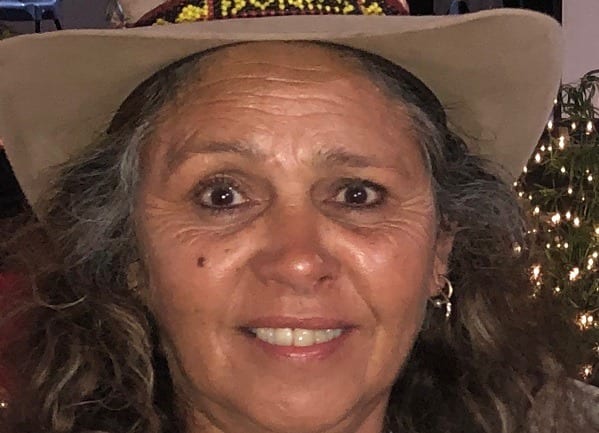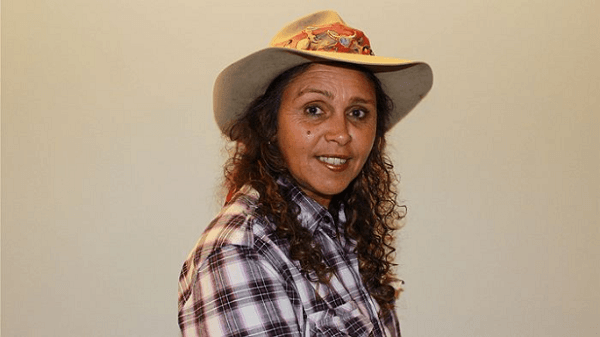Mailman – the first Indigenous women to run a station in Queensland – wants her award to get people talking and acting on issues that could begin the healing of Aboriginal and Torres Strait Islander people.
Mailman, author of the memoir Power of Bones, was awarded the OAM for her contribution to the indigenous community in Queensland. She has managed Mount Tabor Station near Augathella for more than two decades while raising her own three children as well as five nieces and nephews.
The former Queensland Australian of the Year Finalist is the first to admit she “thinks differently to a lot of people – black and white”.
It’s not the date of Australia Day that frustrates her as much as the fact the whole history of her people has been overlooked.
“I think it is a good thing that people are getting the recognition they deserve in these awards…and for First Nations people, it signifies that you have come through a lot of things, and we are still here, we are still living,” she told Women’s Agenda. “But people need to understand the history of what happened to our people – it’s the first step.”
First and foremost, Mailman – who is the cousin of Indigenous actress, Deborah Mailman – wants the amendments recommended in 2019 to Native Title to be enacted, and for Aboriginals and Torres Strait Islander people to be recognised in the Australian constitution.
They are issues that “weigh heavily on the mind and heart of all our people”.
The Federal Government must “practice what it preaches” when it comes to collaborating with Aboriginal elders.

“People need a full understand of our history, of what has happened to the First Nations people of this country. The Government can talk all it likes about reconciliation and having a working relationship with us, but we are not even recognised in our constitution,” she says. “Until that happens and we address Native Title, no healing will begin.”
For four years Mailman and her community have been working on developing an alternative healing and rehabilitation facility for the state’s low-risk indigenous criminal offenders. As the traditional owners of the near-77,000 hectare, Mt Tabor Station, Mailman says the Bidjara Traditional Owners Group have the space and ability to help offending indigenous youth, without sending them to mainstream prison.
“It’s a place of cultural significance and healing for our people. But a lot of these people are sent to prison for committing small, petty crimes. There their self-confidence is destroyed and they don’t have much of a chance of turning their lives around.”
The group has been working on its proposal to the Queensland State Government for four years on the project, along with former director general of Queensland Corrective Service Commission and Holistic Justice and Community Services Chair, Keith Hamburger. The facility would include programs to rehabilitate offenders and hopefully give them a second change at life.
“We understand there have been disasters and other things happen, that have been huge for our country and other countries, but we also need to focus on cleaning up our own place first,” she says.
Mailman met with Queensland Treasurer and Minister for Aboriginal and Torres Strait Islander Partnerships in December and is hopeful of some action on the project in 2020.
“We want to make a difference, and this will achieve a lot of things for our people,” she said. “We want to be part of the healing.”


